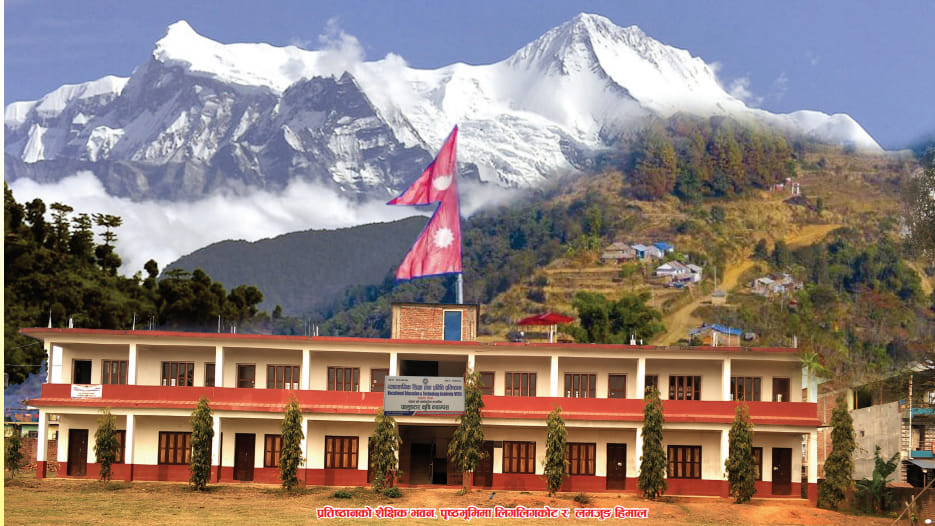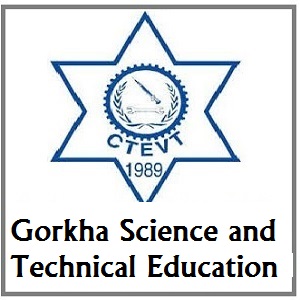Overview
Pre-Diploma in Livestock Production / Animal Health – Vocational Education & Technology Academy (VETA), Gorkha
The Pre-Diploma in Livestock Production / Animal Health offered by Vocational Education & Technology Academy (VETA) is an 18-month foundational program based on the standard curriculum developed by the Council for Technical Education and Vocational Training (CTEVT).
This course is intended for SEE graduates interested in veterinary assistance, livestock care, and animal health support roles. With 40 available seats and 4 scholarships, the program offers theoretical instruction and practical exposure to rural animal health practices.

Curriculum Details
The course is structured to introduce students to key areas of animal husbandry and veterinary support. Major curriculum components include:
-
Introduction to livestock production
-
Animal anatomy and basic physiology
-
Feeding and housing of cattle, goats, poultry, and pigs
-
Basic animal health care and hygiene
-
Common livestock diseases and their prevention
-
Animal vaccination practices
-
Primary treatment and first aid for farm animals
-
Recordkeeping and livestock health documentation
The curriculum combines classwork with field training and hands-on practice. Students are evaluated through internal tests, practicals, and a final exam conducted under CTEVT guidelines.
Objectives
This program aims to:
-
Prepare technically trained support staff in animal health and livestock care
-
Promote scientific animal management practices at the grassroots level
-
Encourage youth participation in livestock development
-
Build a foundation for further technical education in animal science
-
Strengthen the availability of veterinary support in rural areas
Scope
Graduates of this course are eligible for various roles in community-based livestock development. Areas of work include:
-
Veterinary assistant roles in government or private clinics
-
Community livestock worker under municipal programs
-
Basic veterinary support in NGOs and development projects
-
Employment in dairy farms, poultry units, or piggery operations
-
Entry into Diploma in Agriculture (Animal Science) or related programs
Learning Outcomes
After successful completion, students are expected to:
-
Identify common livestock diseases and recommend basic responses
-
Assist in routine animal health practices and feeding
-
Administer basic first aid to injured or sick animals
-
Participate in vaccination and deworming programs
-
Maintain animal records and manage small livestock shelters
Skill Development Modules
The course emphasizes practical skill-building through:
-
Hands-on animal care and daily farm routines
-
Practice in preparing livestock feed mixtures
-
Sessions on disease identification and vaccination techniques
-
Field-based exposure in nearby farms and veterinary centers
-
A short-term project or case report before graduation
Teaching Methodology
The teaching strategy combines lectures, real-life examples, group tasks, and supervised practice. Instructors use visual aids, farm demonstrations, and tools appropriate for the local context. Students are encouraged to learn through observation and direct involvement.
Admission Requirements
-
Academic requirement: SEE passed
-
Entrance exam: Compulsory as per CTEVT guidelines
-
Intake: 40 students
-
Duration: 18 months
-
Language of instruction: Nepali with technical terms in English
-
Selection criteria: Based on entrance score and CTEVT's admission rules
Career Opportunities
Graduates can work in the following capacities:
-
Animal health assistant in livestock-related projects
-
Veterinary field worker in rural municipalities
-
Livestock care staff in dairy or poultry farms
-
Assistant technician in animal shelters or clinics
-
Further study in diploma-level veterinary programs
Scholarships and Financial Aid
VETA offers 4 scholarship seats in this course as per CTEVT’s scholarship allocation policy. The scholarships are aimed at supporting students from disadvantaged or underrepresented backgrounds. Course fees are structured according to CTEVT’s standard decisions.
Why Choose This Course?
The course helps SEE graduates develop practical skills that can be immediately applied in animal care settings. Its short duration and local employment relevance support job readiness and further educational progression in veterinary fields.
Conclusion
The Pre-Diploma in Livestock Production / Animal Health at VETA, Gorkha, provides entry-level veterinary knowledge and skills essential for working in rural livestock settings. By combining theory with practice, the course equips learners to support community-based animal health initiatives and consider further studies in animal science.



















